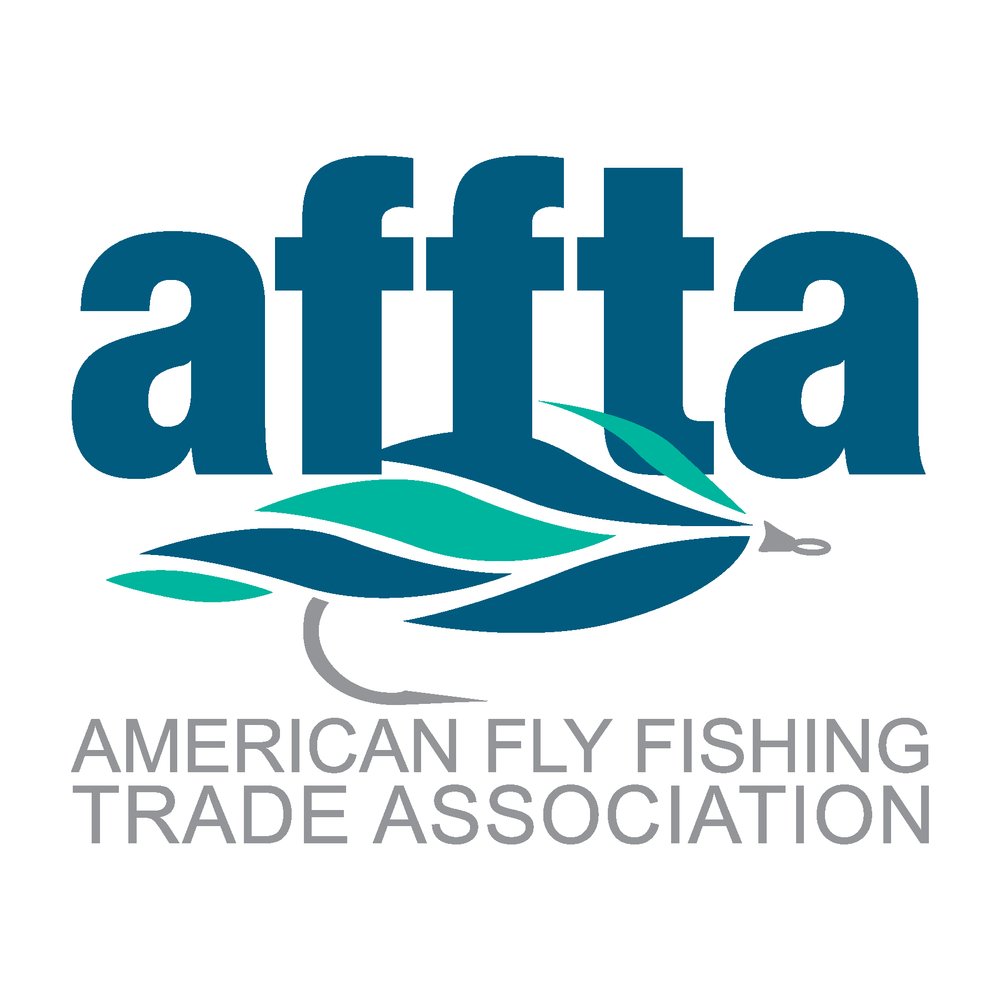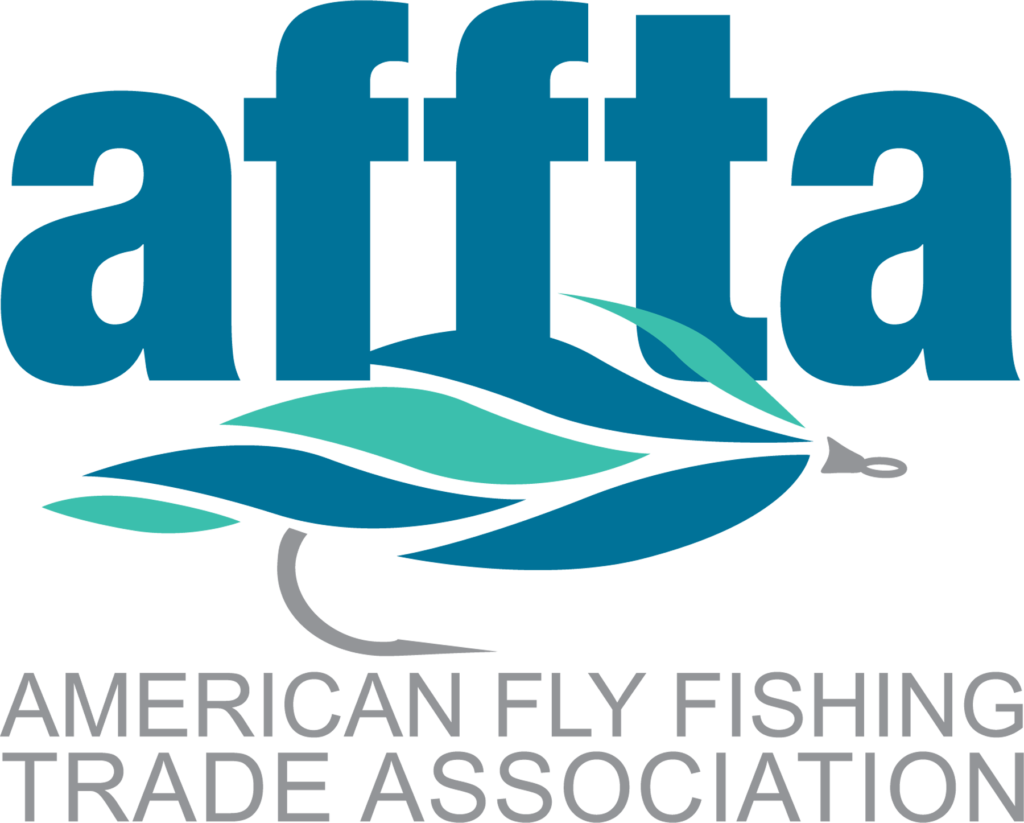Policy Updates: Tariffs, Taxes, and Trade
Your July 2nd policy updates from High Street Strategies. Steel hikes, sweeping budget reforms, and fragile trade talks shape the economic landscape as the July 9 tariff deadline looms. Tariff Updates Trade Negotiations United Kingdom: The deal covers automobiles, steel and aluminum (securing the UK’s lower tariff rate), aerospace, agriculture, and pharmaceuticals. China: Although the details are unclear, the agreement primarily focuses on rare earth minerals and technology. Tariffs on Chinese goods have been reduced from as high as 145% to 30%; in return, China dropped tariffs on U.S. goods to 10%. Vietnam: U.S. companies will pay a 20% tariff on Vietnamese goods and 40% on goods routed through Vietnam from other countries. Vietnam will not impose tariffs on U.S. goods. Other Negotiations Japan: Talks continue but have stalled, mainly over rice and automobile exports. As of July 2, President Trump stated he doesn’t expect a deal to be reached. Canada: Talks were briefly suspended on June 27 due to Canada’s proposed digital services tax on U.S. tech companies. Canada withdrew the tax on June 30, and negotiations have resumed. Other countries: Discussions are ongoing. Looking Ahead Note on 301 Tariff Exclusions Budget Reconciliation Updates Key provisions include: Public Lands Victory House Passage FY2026 Appropriations The President’s May budget proposal included deep cuts to federal agencies and programs. Agencies have recently begun submitting detailed justifications to Congress. While the administration has laid out its funding priorities, appropriations committees will ultimately decide how funding is allocated, particularly in light of workforce reductions and program cuts already implemented by the Department of Government Efficiency (DOGE) earlier this year.
Policy Updates: Tariffs, Taxes, and Trade

Steel and Aluminum Tariffs
On June 3, 2025, President Trump issued a proclamation raising steel and aluminum tariffs to 50%, effective June 4. This increase does not apply to imports from the United Kingdom, which remain at the 25% rate.
The U.S. has been pursuing bilateral trade deals during a 90-day pause on reciprocal tariffs, which ends July 9. So far, agreements have been announced with three countries:
President Trump confirmed on July 1 that the pause will end July 9, stating, “No, I’m not thinking about a pause.” If additional deals aren't reached, tariffs will revert to the higher, country-specific rates established on “Liberation Day.”
As a reminder, on May 31, 2025, the Office of the U.S. Trade Representative (USTR) extended a limited set of Section 301 tariff exclusions through August 31. Details are available in the USTR press release and Federal Register notice.
On July 1, the Senate passed the "One, Big Beautiful Bill Act" by a 51–50 vote, with Vice President Vance casting the tie-breaking vote.
Initially, the bill included a proposal from Senator Mike Lee to sell off up to 3 million acres of public lands for development. Thanks to widespread bipartisan opposition and public outcry, that provision was first scaled back and then removed entirely, a significant win for conservation and outdoor recreation advocates.
Despite objections from moderate Republicans and the Freedom Caucus, the House passed the bill on July 3 by a vote of 218–214. Two Republicans joined all Democrats in voting "no." President Trump is expected to sign the bill on July 4.
With reconciliation now passed, congressional appropriators are turning their attention to FY2026 spending bills.Images


